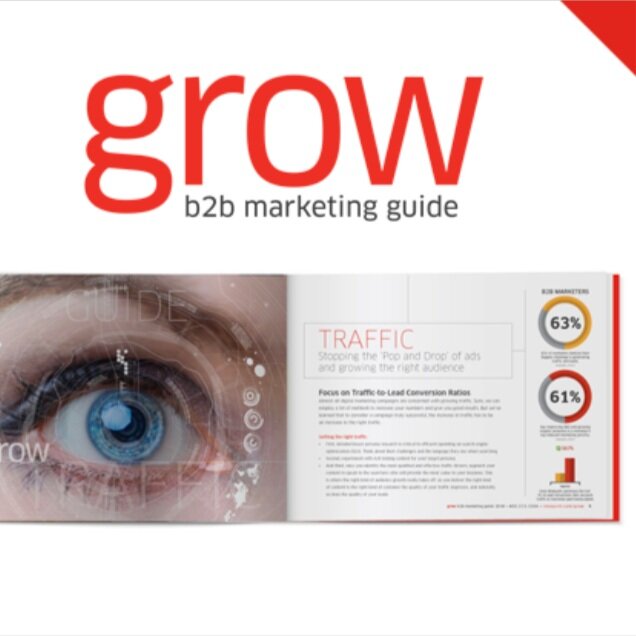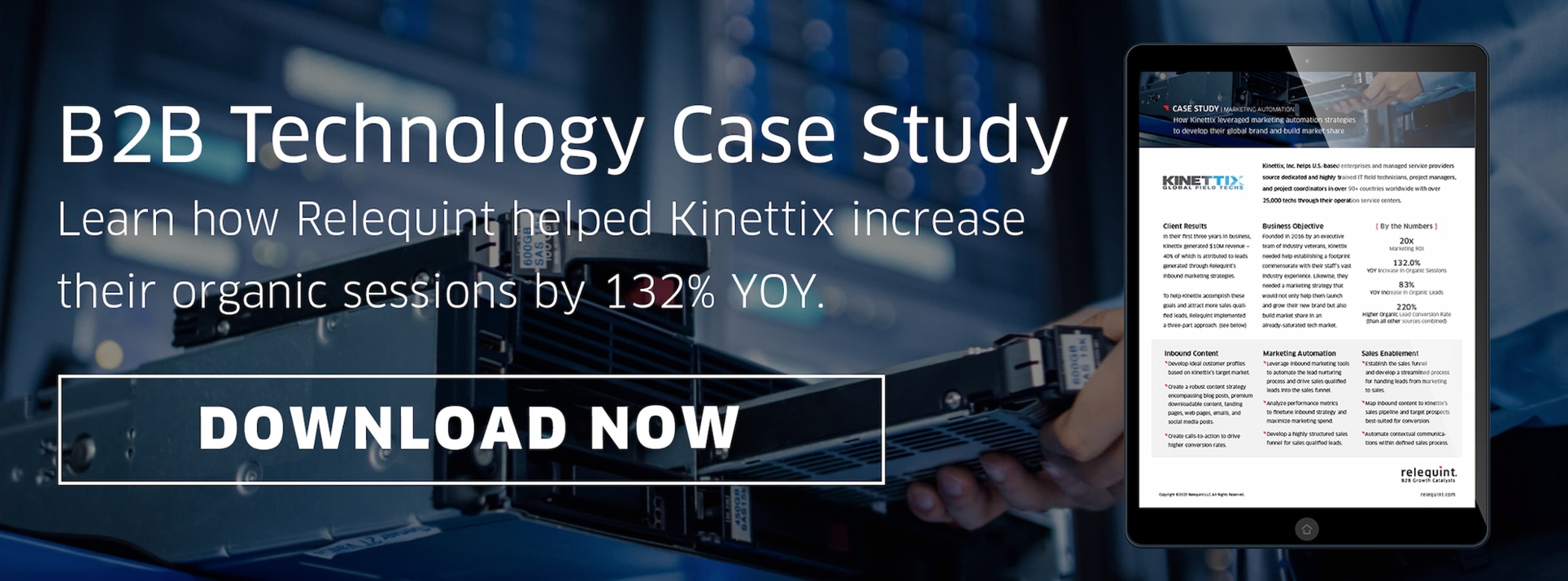 Pardot offers B2B companies marketing automation and lead generation strategies to help them bring in more customers and increase their marketing ROI. It is part of the Salesforce family, although it has its origins way back in 2006 as a pay-per-click platform used to uncover tech buyer leads. Since then, the software has morphed steadily into a popular lead generation platform.
Pardot offers B2B companies marketing automation and lead generation strategies to help them bring in more customers and increase their marketing ROI. It is part of the Salesforce family, although it has its origins way back in 2006 as a pay-per-click platform used to uncover tech buyer leads. Since then, the software has morphed steadily into a popular lead generation platform.
We spoke about Pardot back in 2018, but recent updates on the platform and the continually changing landscape of digital marketing make the topic worth revisiting.
We know that for B2B technology companies, finding platforms that can help you improve ROI and achieve new goals for the organization remains paramount. Let’s review the pros and cons of Pardot.
The Pros of Pardot for B2B Technology
Businesses will find several intriguing benefits that come from using the Pardot platform.
Pardot has built its business model around the creation of a smooth, unique experience for customers. It helps businesses develop marketing campaigns that reach out to customers at precisely the right moment so that they can regularly nurture leads, build them into sales qualified leads, and bring new customers into the organization.
Customization
Pardot offers some excellent features for customization. You can create personalized marketing workflows and visual testing to see exactly what customers experience. A flexible experience builder walks users through the process of building dynamic campaigns.
Integration with Salesforce
Salesforce easily takes its place as a leading CRM tool, providing countless customers with the tools they need to track their progress with leads and relationships with customers.
Since Pardot is part of the Salesforce family, they easily integrate together, which can simplify the process of tracking and monitoring leads. As the marketing team brings in fresh leads through campaigns, those leads can seamlessly transfer to sales to be nurtured towards conversion.
Real-Time Updates
Pardot also offers some intriguing features, such as real-time updates on activity of leads as they move around parts of the website. For example, if a prospect visits your pricing page or a services page, the sales team can receive immediate alerts, allowing them to take any appropriate action.
This feature can simplify the process of reaching out to prospects, as the sales team can see precisely what content the user engaged with before they make contact. This leads to more relevant, personalized consumer experiences.
The Cons of Pardot for B2B Technology
While Pardot does offer a number of valuable benefits, there are several drawbacks that you should carefully evaluate before deciding to make the investment.
Integrations
Although Pardot integrates particularly well with Salesforce, it has limited outside integration. Unlike other marketing automation platforms, such as HubSpot, which have libraries of integration options, the selection for Pardot is limited. You will want to carefully consider the integrations you need to run your marketing and sales teams before moving forward.
Lack of Intuitive Interface
Although the Pardot platform is powerful, it does not offer a similarly intuitive layout that other marketing platforms include. This can make it more cumbersome to use the platform effectively. It also presents more challenges when it comes to training other members of the marketing and sales teams. When people do not fully understand how the platform works, it can be difficult to take full advantage of everything that the software offers.
Limited Availability of Certain Features
Some of the more desirable features of the platform, such as the A/B testing, are not available to the lowest subscription levels for the service. In other words, for businesses to take full advantage of some of the more intriguing capabilities, they will have to purchase one of the higher-level plans, which will drastically increase their costs.
Price
Compared to other platforms, the prices on the different Pardot subscriptions can run somewhat higher. It offers four levels of subscription, with the cheapest starting at $1,250 and going up to $15,000 per month for the premium package.
Why Customers Choose Pardot
According to Pardot, the customers who select this platform have seen:
- Sales revenue increase by 34%
- Marketing effectiveness increase by 37%
In summary, customers select Pardot because:
- It integrates well with Salesforce. Businesses can include their existing Salesforce capabilities for a smooth experience.
- It is easily customizable. Brands can ensure that their customers receive personalized experiences.
- It includes excellent B2B technology features. With capabilities such as real-time updates, analytics, and A/B testing, businesses can entice their leads.
The bottom line: if your company wants a platform that integrates well with Salesforce, offers strong results, and a customizable workflow, Pardot can be an excellent choice.
To learn more about what brands can accomplish when they employ marketing automation and a strong digital marketing campaign, download our case study and learn how one of our B2B technology clients achieved 20x marketing ROI.






 By
By 
